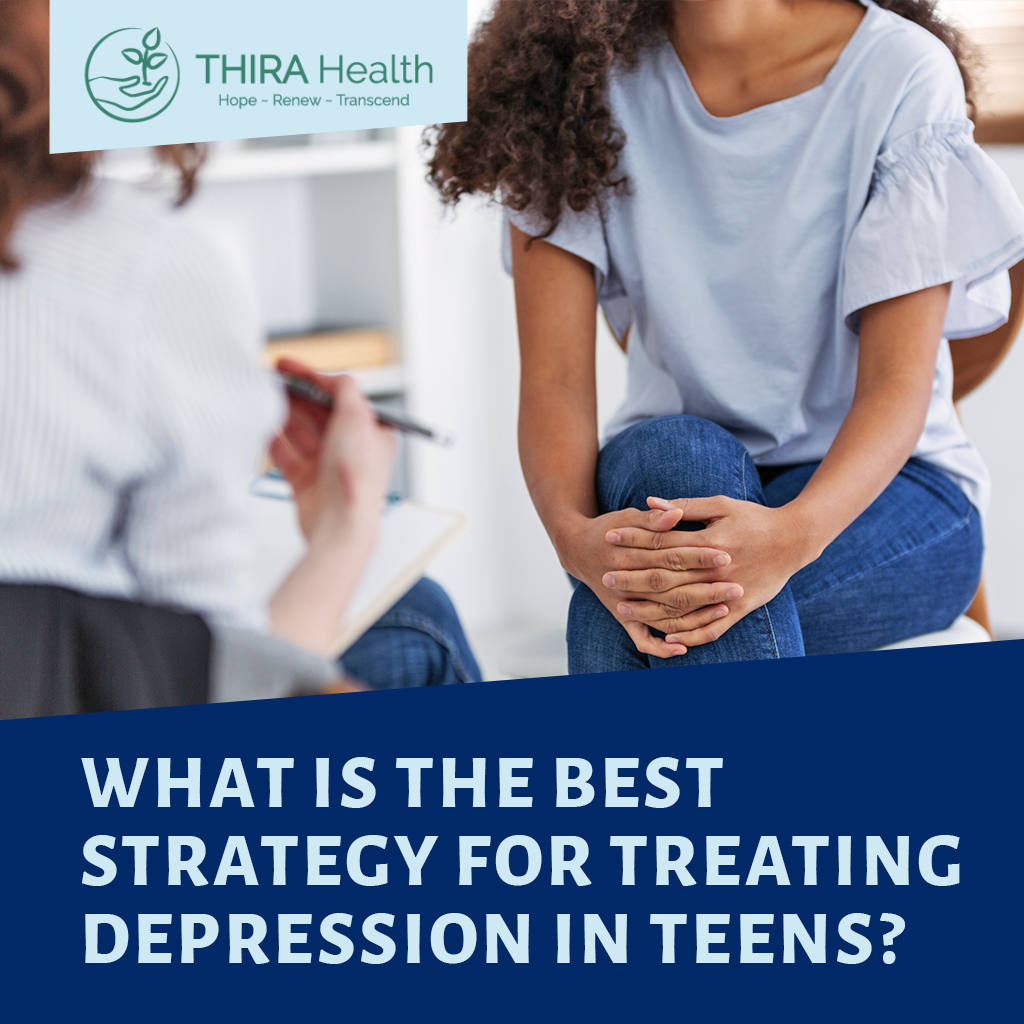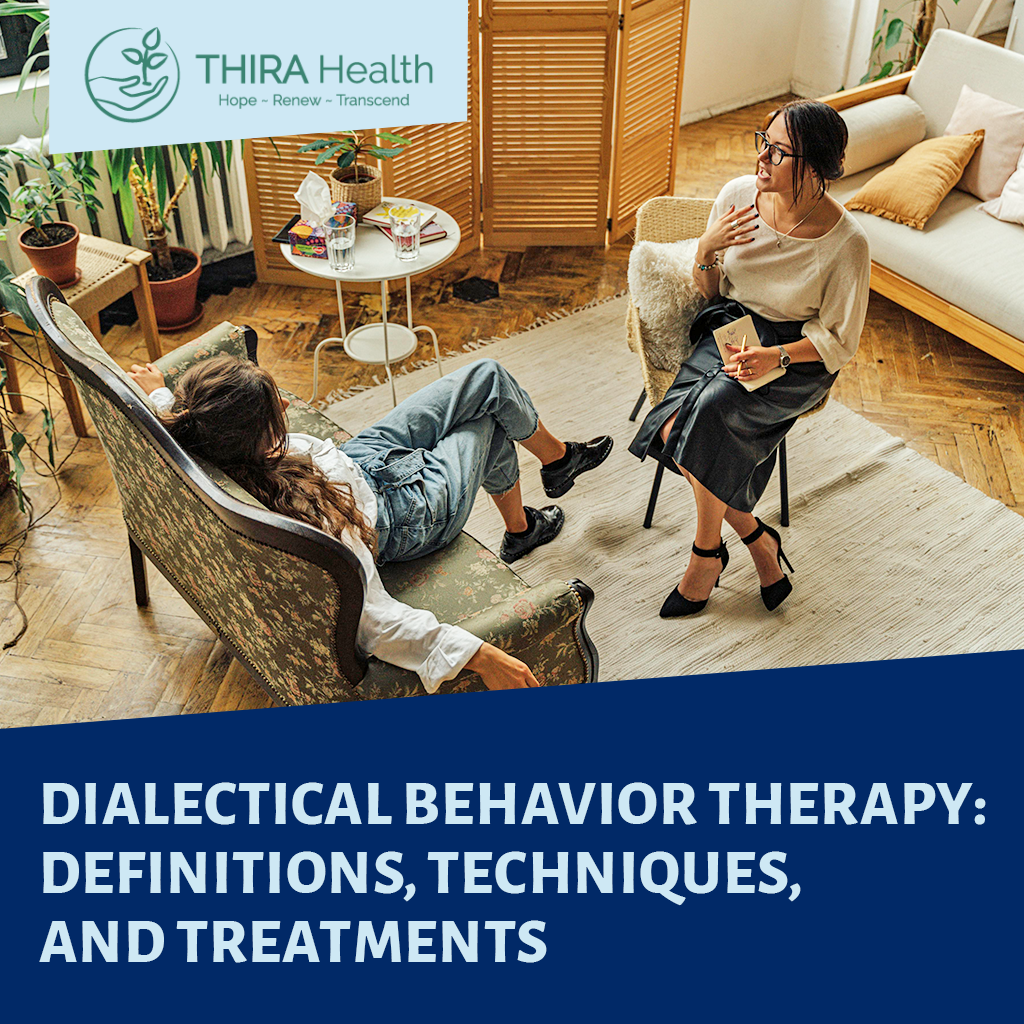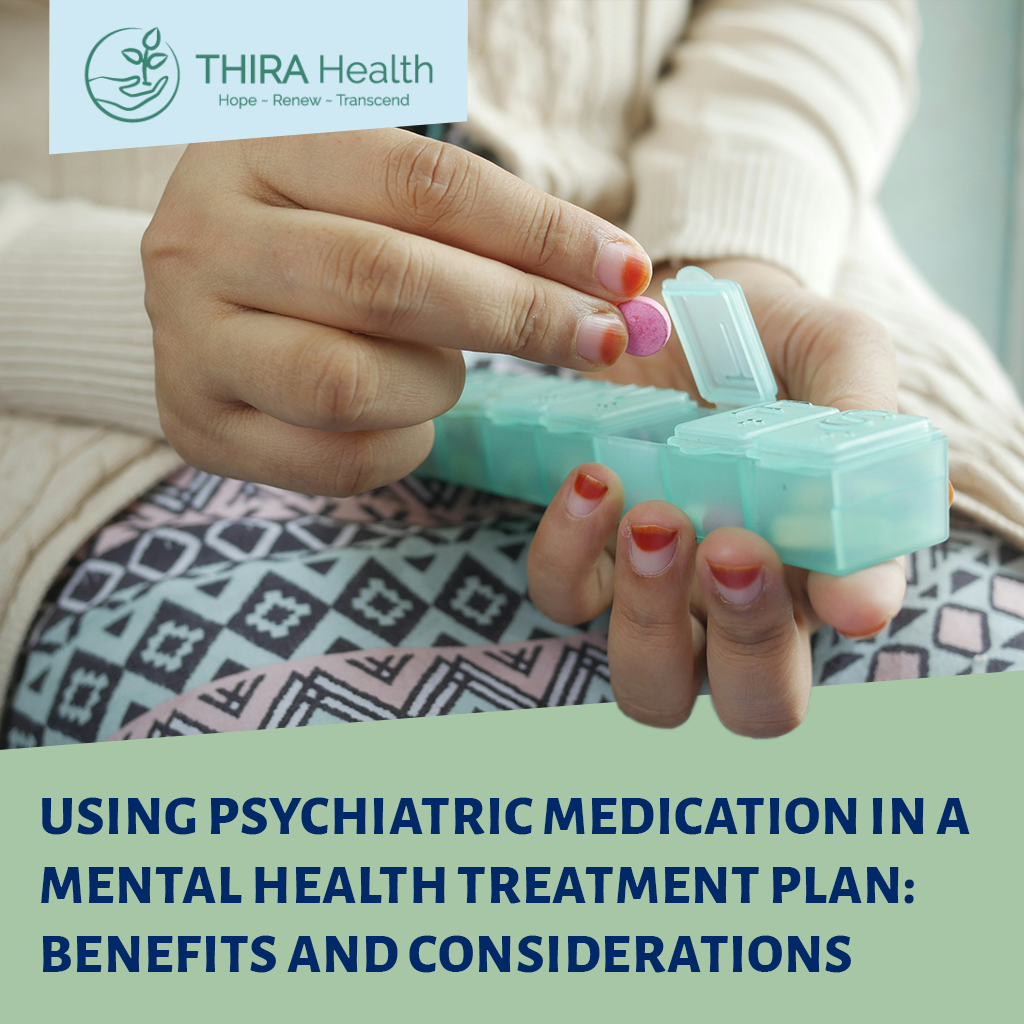As the holiday season rolls along, many of us will continue to reunite with loved ones to celebrate, reminisce, and rekindle old relationships. This time of year also provides us with an annual reminder that family dynamics are, if nothing else, complicated.
Regardless of our class, culture, socioeconomic status, or anything else, our families have a profound impact on the way we see ourselves, the relationships we form outside of our family circles, and, more broadly, the ways in which we interact with the world. Even if you’ve maintained a fair amount of distance or independence from your family since leaving home, the family dynamics that were at play during your formative years have a tendency of sticking around well into adulthood, even if only “below the surface.”
What’s more, these dynamics tend to reemerge as you establish your own family, at which point they’re no longer a once-a-year consideration but a highly determinative force in your everyday life and the everyday lives of your partner and children.
Of course, family dynamics can be healthy or unhealthy, supportive or toxic, and thus can be either a tremendous help or a crippling hindrance to one’s day-to-day routine. This is especially true when an individual is struggling with mental health issues like anxiety, as a robust support system — whether familial or not — is an essential component of achieving a sustainable recovery.
Derailing a Loved One’s Recovery
It’s important to note that unhealthy family dynamics need not involve a specific trauma or any kind of abuse. These are certainly substantial occurrences that can throw entire family structures out of whack, but they’re hardly the only things that can exacerbate an individual’s struggles with anxiety.
“Scapegoating,” for instance, is a common response to a family member’s poor mental health. Many families have the impulse to blame the struggling family member’s mental illness for all of the family’s problems, directly related or not. Even if the causal arrow points the other direction — in other words, even if the scapegoat’s anxiety is a byproduct of or a coping mechanism for an existing family problem — it’s easy for mentally healthy family members to shift their own responsibility for a family problem onto the shoulders of the family member who has something “wrong” with them.
Conversely, families often subconsciously use a member’s anxiety as a “shield” or deflection mechanism to mask deeper-seated family issues. If one family member is having a visibly hard time getting through the day, latching onto their struggles provides a way for the family to ignore — or at least relegate — ongoing issues that need to be addressed. Directing all of the family’s attention toward supporting — at least ostensibly — the anxious member creates a facade of familial harmony that, while not intrinsically harmful, enables the perpetuation of other dynamics that may very well be the source of the member’s anxiety in the first place.
Although not always done cynically — or even consciously — families can actually end up reinforcing negative behaviors in order to perpetuate one member’s struggles and keep attention turned away from other issues. For instance, if a child of a couple that is dealing with serious marital troubles starts to exhibit signs of anxiety, the couple can use the child’s mental illness as a way to put off dealing with their own issues — sometimes for years.
Learning How to Be a Supportive Presence
Fortunately, there are many ways in which families can create an environment that promotes healing and overall mental well-being for all of its members. This begins with a commitment to education, as while a person lucky enough to have never struggled with their own mental health cannot directly relate to what an anxious family member is going through, they can take the time to learn how they can help and how anxiety is impacting their loved one’s everyday life.
In truth, providing support to a family member with anxiety is often more about the “little things” than about major realignments of family dynamics. Taking the time to vocally recognize a loved one’s small daily victories, for instance, is a great way to positively reinforce healthy behaviors and eschew a relationship that consists only of criticizing irrational fears or other anxious behaviors. Further, it helps to work with your family member to establish a set of realistic expectations about their progress. Improvement should always be measured according to a specific, highly individualized rubric, not according to some absolute set of standards for anxiety patients as a group.
Ultimately, though, for many sufferers of anxiety, professional help is the only — or at least the best — way to achieve a durable recovery. A supportive family structure is a crucial part of the recovery process, but it’s rarely a cure in and of itself. Oftentimes, the best thing a family member can do for a loved one who is experiencing serious anxiety is encourage treatment.
At THIRA Health, we strive to provide programs that not only address a patient’s own troubles, but that help a patient’s family members understand what they can — and should — do to facilitate their loved one’s recovery.






